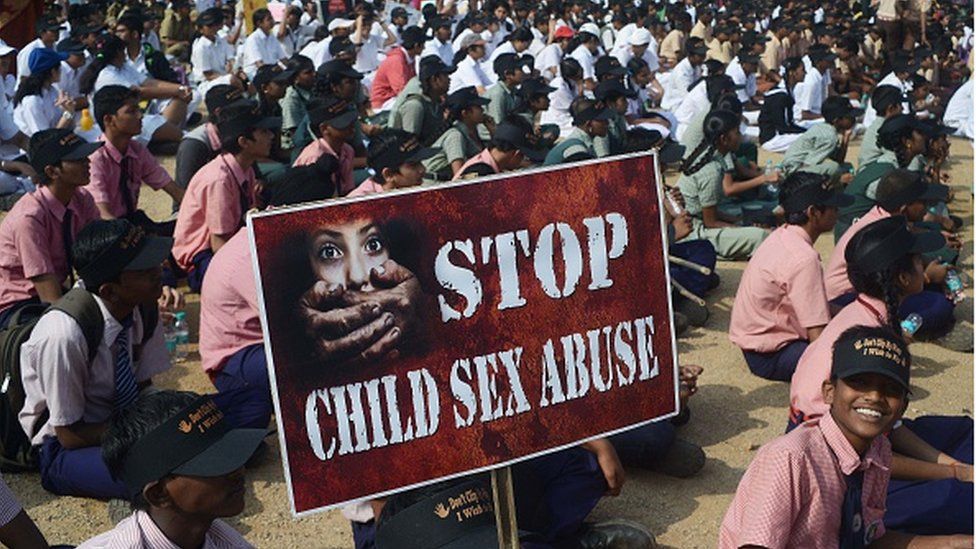SC on Children facing Sexual Offences.
~Preet.

A two-judge panel of the Supreme Court recently gave a divided ruling on whether Section 155(2) of the Code of Criminal Procedure shall apply to the investigation of an offence under Section 23 of the Protection of Children from Sexual Offenses Act, 2012. (POCSO). A police officer cannot investigate a non-cognizable offence without the direction of a Magistrate, according to Section 155(2) CrPC. Section 23 of the POCSO addresses the offence of disclosing the identify of the victim of a sexual offence. One of the judges stated that disclosing the identity of a child who is a victim of sexual offences or who is in dispute with the law is a basic violation of the kid's right to dignity, as well as the right not to be embarrassed.
Child sexual abuse is a multifaceted issue that has a detrimental influence on children's physical safety, mental health, well-being, and behavioural characteristics. Child abuse and exploitation have been exacerbated by mobile and digital technology. New types of child abuse have also evolved, such as internet bullying, harassment, and child pornography. Despite the fact that the Government of India adopted the Protection of Children from Sexual Offenses Act 2012 (POCSO Act), it has failed to safeguard children from sexual abuse. One of the causes for this might be a low conviction rate. If one takes the average of the last five years, the rate of conviction under the POCSO statute is only approximately 32%, while the proportion of cases pending is 90%. The primary accused in the Kathua Rape case was convicted after 16 months, despite the fact that the POCSO Act plainly states that the full trial and conviction procedure must be completed within one year. Problems with the child's age determination. Laws that emphasise on biological age rather than mental age, in particular. The right to live with dignity (Article 21), the right to personal liberty (Article 21), the right to privacy (Article 21), the right to equality (Article 14) and/or the right against discrimination (Article 15), and the right against exploitation are all guaranteed by the Constitution to every child (Article 23 & 24). All children aged 6 to 14 have the right to free and obligatory primary education (Article 21 A). The Directive Principles of State Policy, specifically Article 39(f), impose an obligation on the State to provide opportunities and facilities for children to develop in a healthy, free, and dignified manner, as well as to protect childhood and youth from exploitation and moral and material abandonment.
The necessity of the hour is to prioritise anti-abuse preventative efforts, such as building secure internet settings for children. To achieve better execution of the legislative framework, policies, national plans, and standards, a comprehensive outreach system including parents, schools, communities, Non-governmental Organizations (NGOs) partners, and local governments, as well as police and attorneys, is required.
Comments
Post a Comment